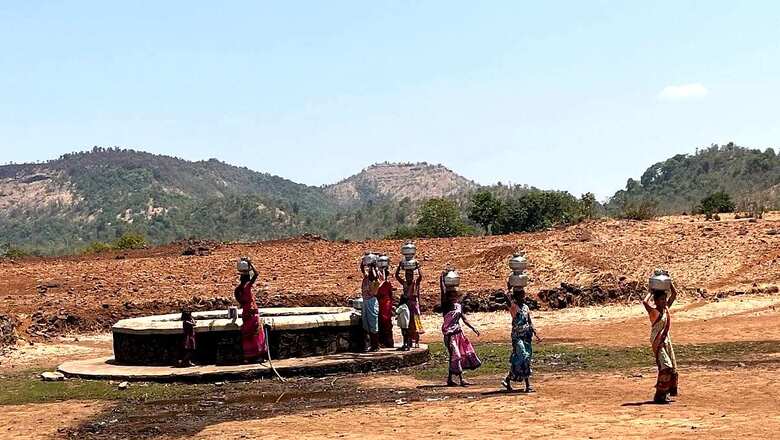
views
On the Mumbai-Nasik Highway in Shahapur district is a small village named Chintaman, with a population of less than 500, where women wait for hours every day to fetch water from the tanker.
Nirmala Mange, who is the elected Sarpanch of the village, is no exception. She, too, has to wait every day with other women for the tanker without which she can neither cook food nor get drinking water.
When News18 visited the village, the water tanker came at 10 am. Nirmala told News18 that the tanker was supposed to be there by 6 am, but it was four hours late.
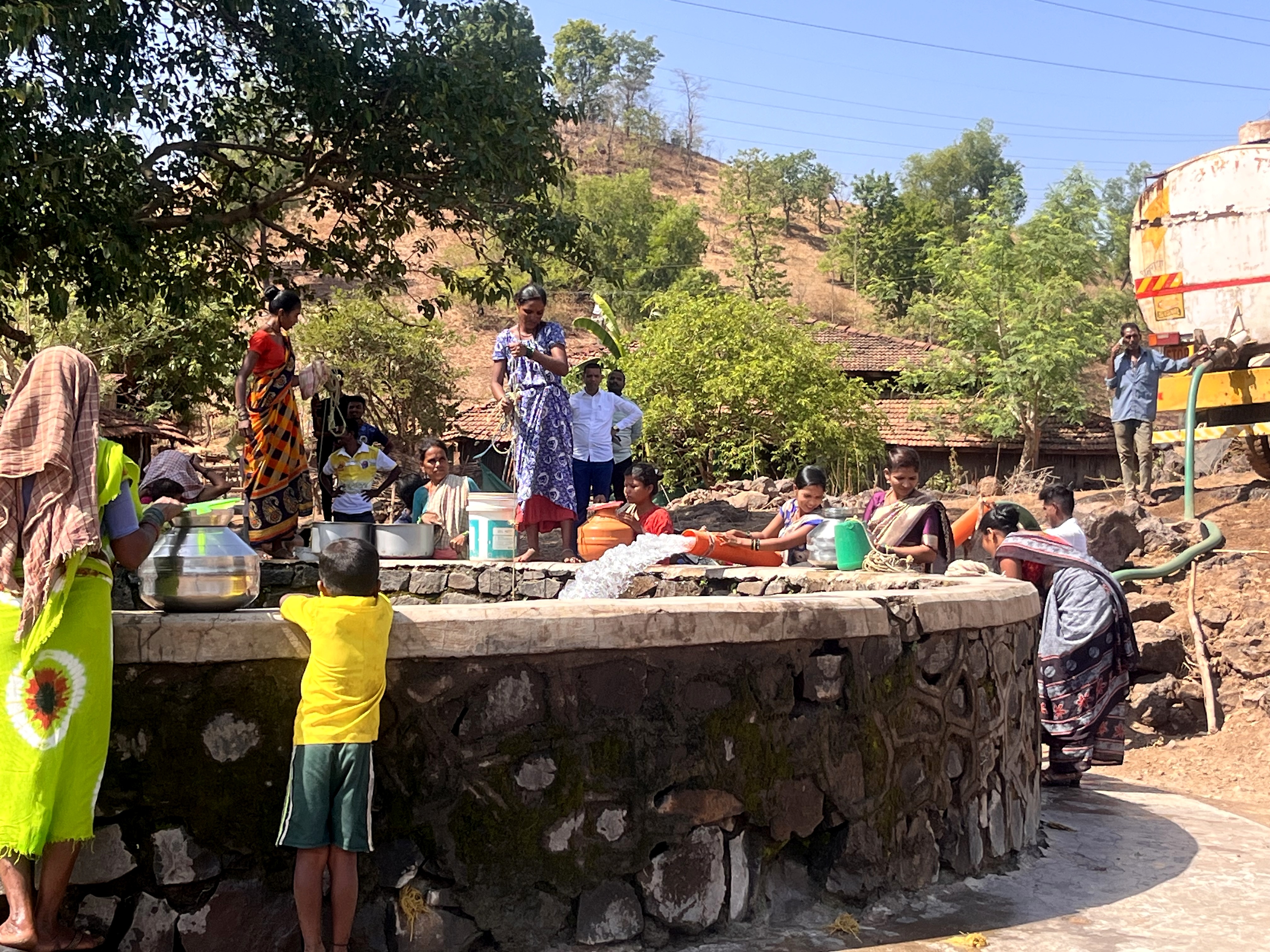
With most women running small businesses such as selling fruits and vegetables in the market to earn their living, it is whammy for them to reach for work late due to shortage of water supply.
Most of the tribal villages of Shahapur district are located on the plateau, hence, the water holding capacity of the land is quite less, and the water table goes down further during summer.
Nirmala Mange told News18, “From January, we start facing water shortage. We do get tanker from the government, but many a times, we wait for three to five hours for the tanker to arrive. For one bucket of water, we have to wait so much. If the government sends a big tanker, then we will be able to manage for the entire day. But due to the small tanker, it becomes quite tough to manage the day in so little water.”
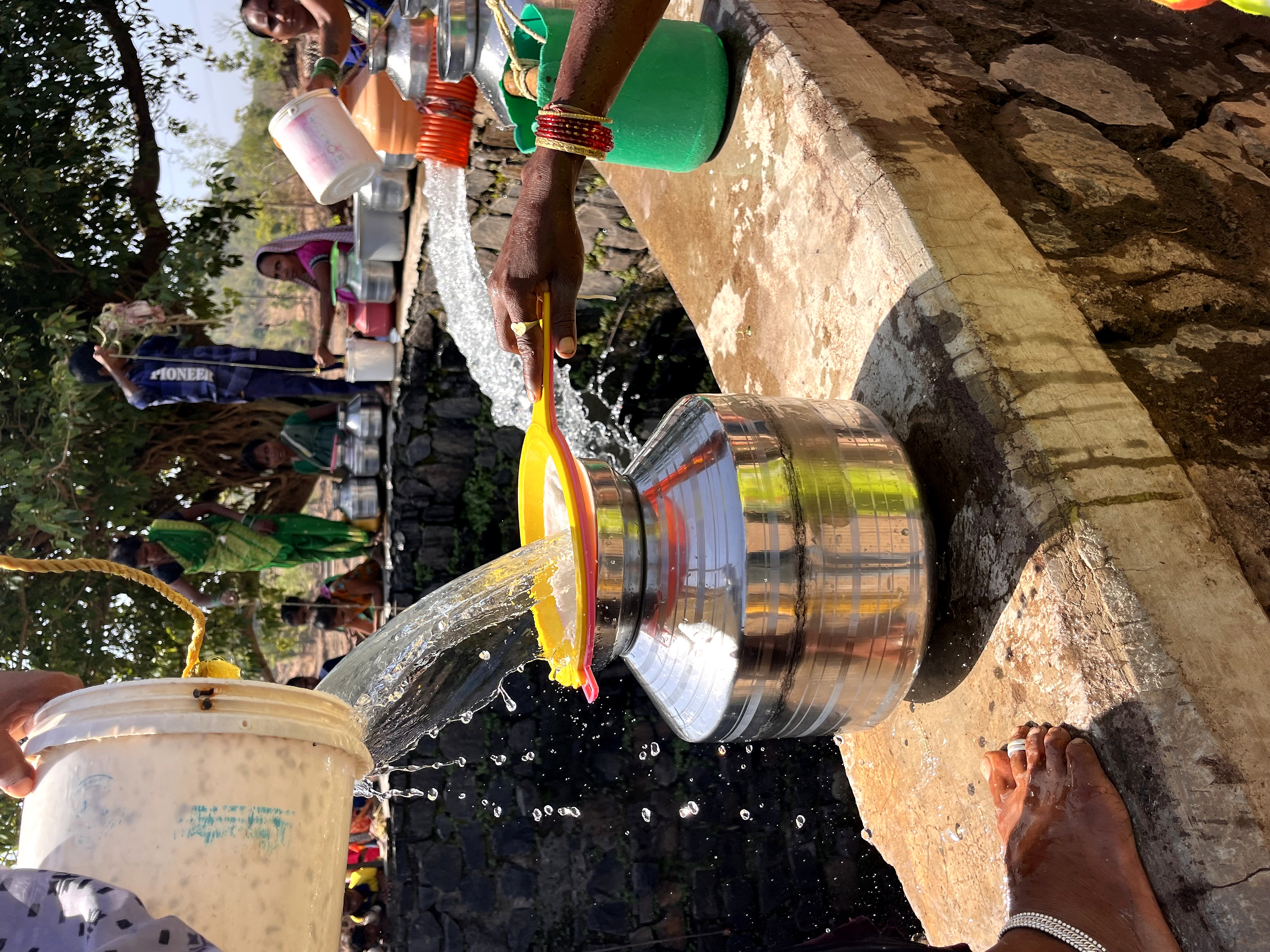
She also said the well dries up if no water supply is provided to it on time. “We saw children from the families helping their mothers to fetch water… They only have one aim – to fill up as much water as they can because there is no guarantee next day,” she said disappointingly.
Just a few kilometres from Chintaman is another tribal village called Naralwadi, which is actually situated on a plateau.
News18 visited Naralwadi and met 60-year-old Jijabai, who had come to fetch water as the tanker had just left after filling the well. Jijabai has been staying in the village for the last 30 years, and says nothing has changed over the years.
While her sons go to work, Jijabai has to fetch water daily for the entire family of three. “I am staying in this village for the last 30 years. Every year we face this (water shortage) issue. If the tanker comes to the village, it only supplies water to the common well or else we have to walk 2 km from here to another common well,” she said.
A week ago, Jijabai was admitted to a local hospital for sunstroke. “I urge the government to install water pipelines at every home. We don’t need anything else apart from water,” she stressed.
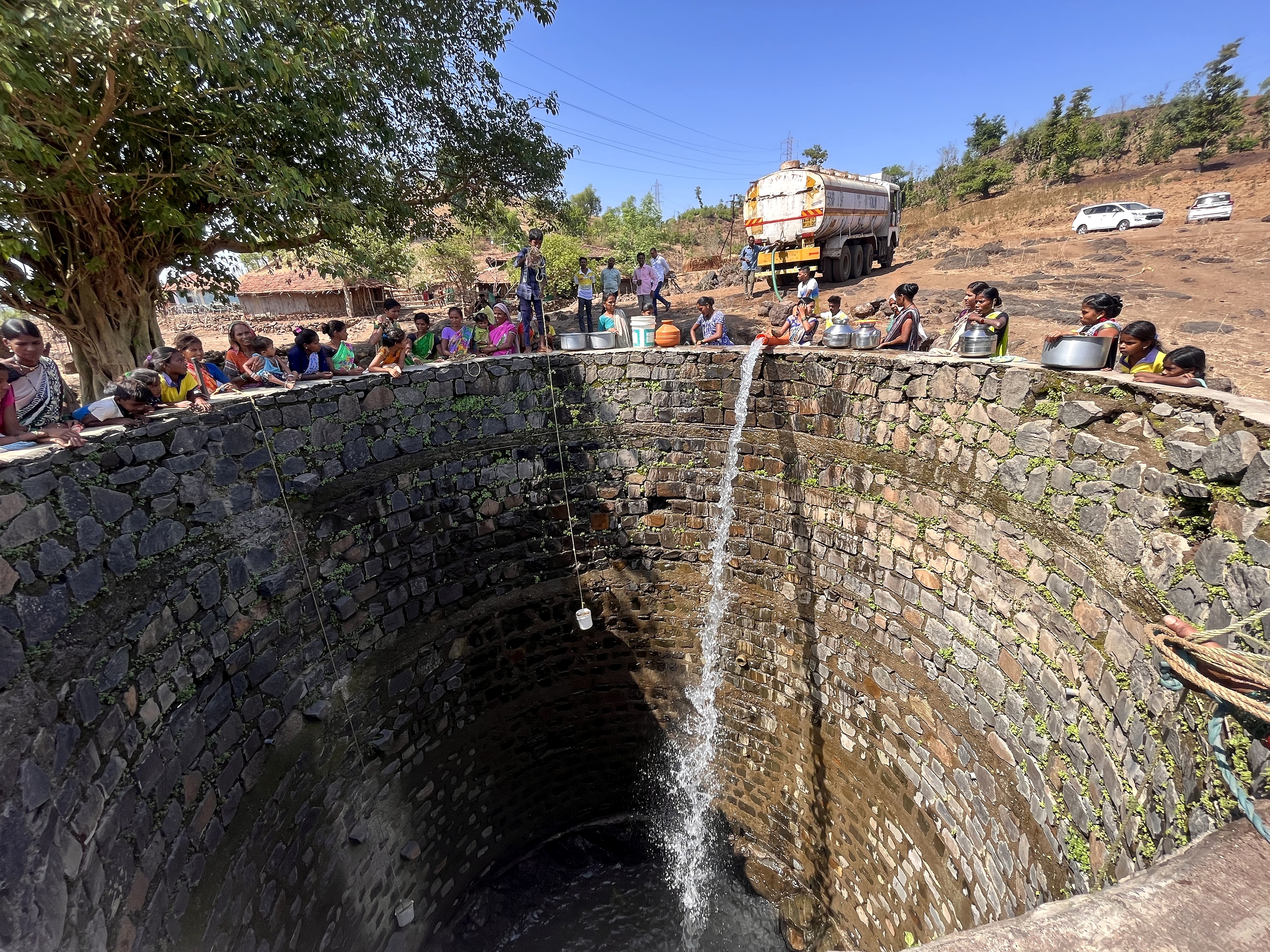
According to Pandurang Barora, who is a former MLA from Shahapur constituency, the district has dams, which provide water to the entire Mumbai but not the tribals, who live in the vicinity and stay thirsty every summer.
“To end the plight of these tribals, the government has initiated Bhavali dam water project for more than 200 tribal villages of Shahapur. The state government is spending Rs 300 crore on the project, and the Zila Parishad has also been roped in to extend the water pipeline in each and every household,” said Barora, who work for chief minister Eknath Shinde’s Shiv Sena.
According to the official figures till May, 38 tankers are providing water to nearly 198 villages of Shahapur.
Tansa, Bhatsa, Vaitarna and Middle Vaitarna dams in Shahapur district provide water to Mumbai. But all of them are situated at a lower height as compared to the tribal villages, which are built on the plateau. Thus, it is not feasible to elevate water from these dams and supply it to the tribal villages.
Though the work of the Bhavali dam water project started last year, but it will take another 24 months to finish it. This means, the villagers will have to struggle for water for at least two more years in the scorching heat. Also, there is no guarantee when the local Zila Parishad will start the supply water via pipelines to the households.
In Maharashtra, cities such as Mumbai and Thane are undergoing facelifts with big-ticket infrastructure projects, but just 60 km away in these tribal villages, people are struggling for a basic amenity like water.












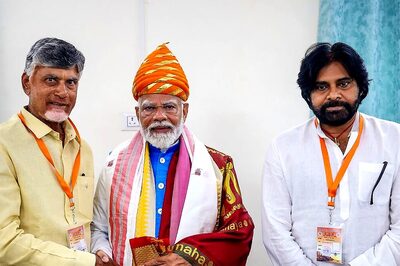


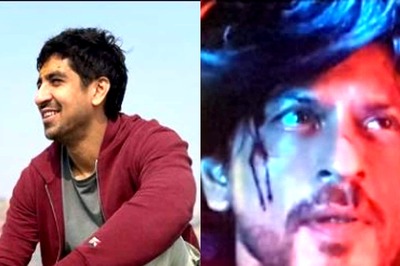


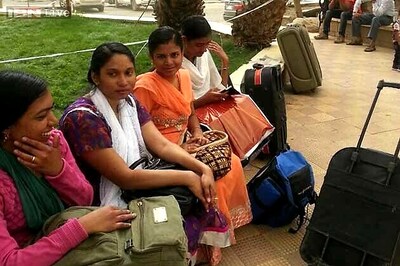

Comments
0 comment